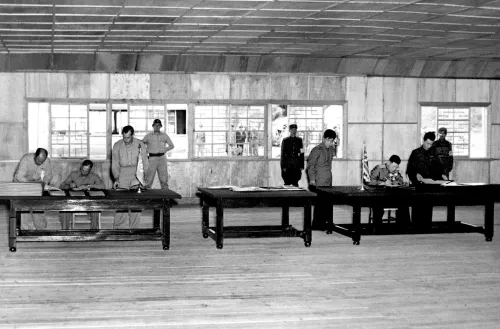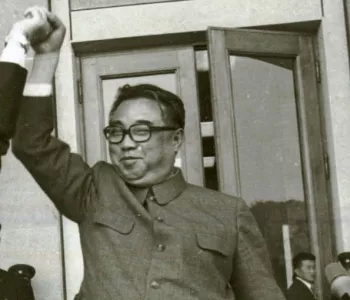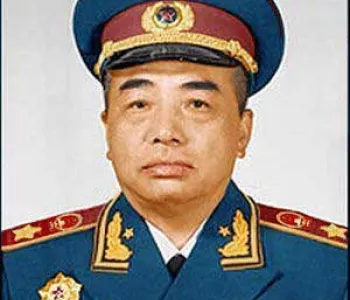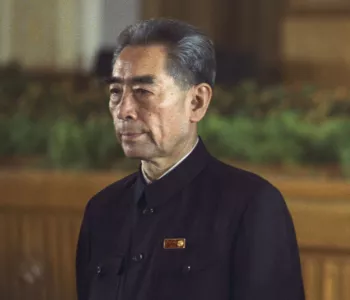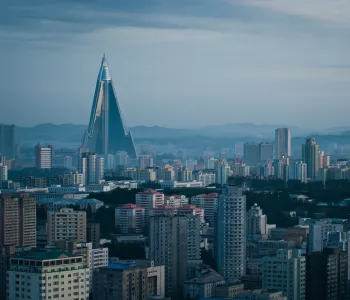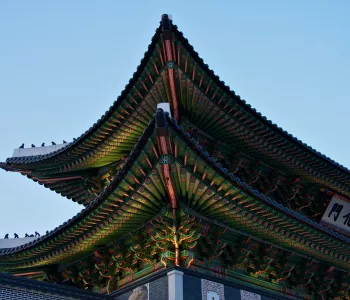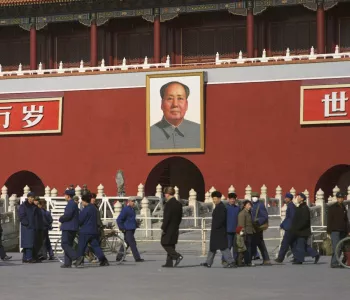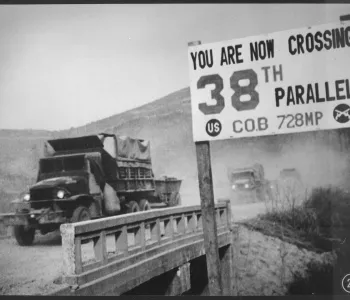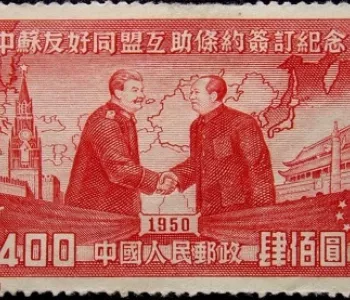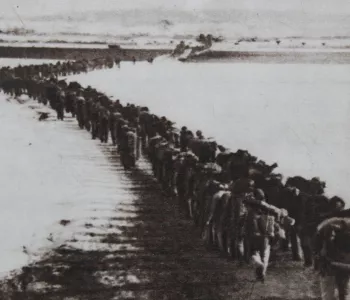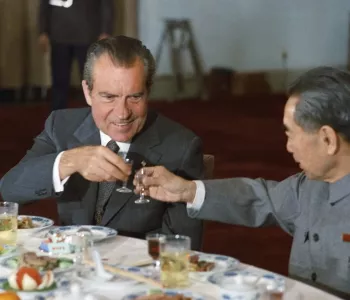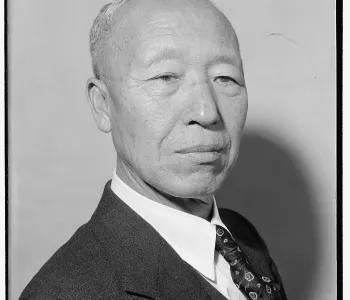When the United States agreed to a truce talk to end the Korea War, President Syngman Rhee disapproved. He opposed the truce and tried to attack these peace proceedings through a serious of events- such as releasing thousands of prisoners of war and creating turmoil for the US government. In order to persuade Rhee to accept the armistice defense, the US dispatches Assistant Secretary of State Walter Robertson to meet with the South Korean president in a series of bargaining discussions. Eventually, under certain conditions and a mutual defense pact with the US, Rhee agrees to the armistice.
